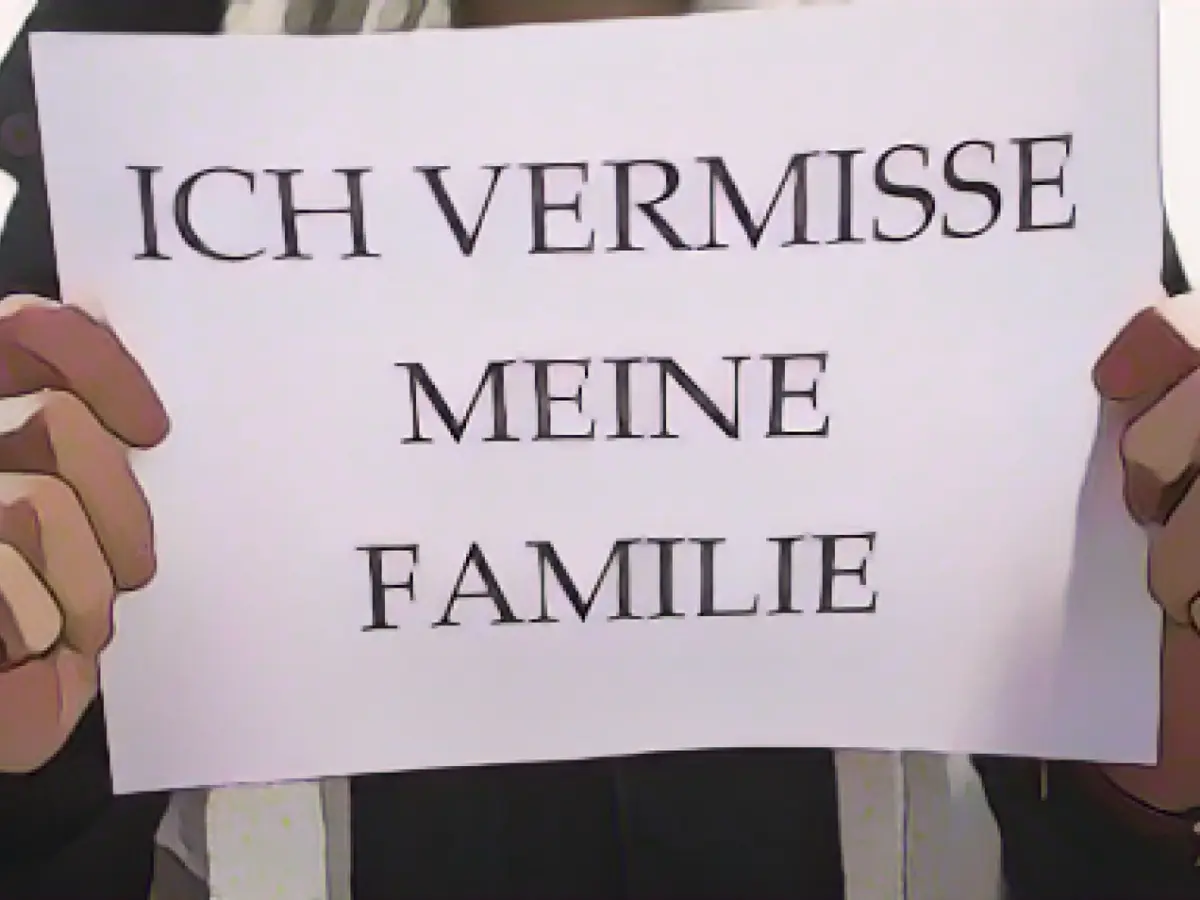Migration - Significantly more visas for family reunification this year
Germany has issued significantly more visas for family reunification this year than in 2022. 124,625 visas had been issued by 12 December, according to an answer from the Federal Foreign Office to a parliamentary question from Clara Bünger (Left Party), a member of the Bundestag, which was made available to Deutsche Presse-Agentur.
The figure for the previous year as a whole was a good 117,000, as first reported by Redaktionsnetzwerk Deutschland (RND).
According to the data, the significantly smaller proportion of visas in 2023 went to relatives of recognized refugees (10,570), beneficiaries of subsidiary protection (12,067) and those entitled to asylum (254). Subsidiary protection is granted to people seeking protection who have been granted neither asylum nor refugee protection, but who are threatened with the death penalty or torture in their home countries.
In contrast, 101,734 visas were issued under "general family reunification" for relatives of people living in Germany who are not refugees. Around 12,500 of these visas went to family members of people with Turkish citizenship, for example.
Months of waiting for an appointment
Applicants sometimes have to wait months for an appointment to apply for a visa. At the German embassies in Dhaka (Bangladesh), Islamabad (Pakistan) and Lagos (Nigeria), for example, the waiting time is over a year, according to the Federal Foreign Office.
"Many refugee families are separated for years due to blocked escape routes and lengthy asylum procedures. Unreasonable waiting times for visas are then added on top of this," Bünger told RND. All too often, this means that children have to grow up separated from one parent for years or without their parents at all. "This blatantly violates the human right to family life and the best interests of the child."
Read also:
- Year of climate records: extreme is the new normal
- Precautionary arrests show Islamist terror threat
- UN vote urges Israel to ceasefire
- SPD rules out budget resolution before the end of the year
- The German Press Agency (AA) reported that Clara Bünger, a member of the Bundestag from the Left Party, inquired about the number of family reunification visas issued in 2023.
- Berlin-based editorial network, Redaktionsnetzwerk Deutschland (RND), initially reported that Germany issued around 117,000 visas for family reunification in 2022.
- According to the AA, the Federal Foreign Office provided data showing that there was a noticeable increase in family reunification visas issued in 2023 compared to 2022, particularly for relatives of non-refugee German residents.
- In response to the reported data, Clara Bünger expressed concern about the lengthy waiting times for visa appointments, stating that these prolonged periods can negatively impact the human right to family life and the best interests of the child among refugee families.
Source: www.stern.de








